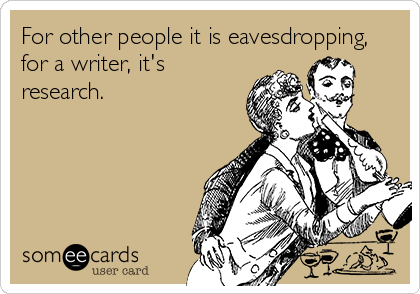Last night I finished editing the final version of The Kite (one of the stories that will
be included in the aftermath of infidelity anthology). Its working title is
still Bloody Trail of Disenchantment, though I admit that is quite a
mouthful.
The
Kite
is a vignette, as it does not tell a whole story. It hints at parts that are
still largely unknown. The story was a little problematic as it has been a
source of some internal wrangling.
Last year, I started writing a few pieces and The Kite was one of three delicate
pieces that I wrote and set aside. The stories, it turned out, included sensitive
material. Painfully, it occurred to me that they also had a theme of
unconditional love and betrayal.
These were not just any stories. These were my stories. To
my horror, they aligned perfectly for a new memoirs collection only half-mockingly titled Daddy
Issues.
Each story included a relationship with a father figure who
strayed. In each story, I witnessed the infidelity or became aware of it in unexpected ways, and it certainly colored my
interaction because it went against everything I'd been taught about love, respect, commitment, and truth.
Beyond the trust issues, there was a lot more that these
stories had in them that bothered me greatly. More importantly, I was unsure if
I wanted to write another memoir collection of stories.
I put the stories aside and got busy with other
projects, but found myself questioning whether to pursue the stories. I decided
to try to fictionalize them just as The Mistress took shape, and later the idea for the upcoming anthology.
In one instance, the two people whose marriage I
reference have passed on and I never spoke of what I knew – as I was sworn to
an uncomfortable silence (part of the theme of the story).
In the second story, I used all the characters with only
minor tweaking because he is long dead and she is lost to Alzheimer’s. I wonder
how she would react to my writing the story (fictionalized or as a factual
memoirs). I know she’d be secretly proud of my writing, although I doubt she’d praise
me – she would boast to others, though.
She would be, however, vigorously displeased that I put
out her business "out there."
I would, probably, counter that I only spoke the truth. And she would,
just like her mother before her and her mother’s mother, dismiss my lack of
propriety by sucking her teeth and giving me the silent treatment for an hour
or two (maybe longer).
She’d be annoyed but she would grudgingly admit I told
the truth, as I remembered it. As things stand, she may not even remember the
incident itself any more. She’ll never see the story.
What I have left is a telling of the events that strip it of melodrama and trauma, and only hint at the emotional damage without wallowing in it.
But if it’s the truth, why include it in a fiction anthology?
Because I firmly believe that truth, as much as I herald and respect it, as
much as I consider it a higher principle – almost a religion – is relative.
My truth is my fiction because memory is selective, even in the ethical and well-meaning.When your truth is a memory seen through the eyes of a damaged child, it’s no sin to call it fiction. It may just be the more humane way to deal with it.












